Tanzania Erupts: Suluhu's Presidential Win Sparks Fury, Election Results Rejected Amidst SADC Warnings

Tanzania's political landscape is currently marked by significant contention following the recent presidential election. The main opposition party, CHADEMA, has vehemently rejected the official results, labeling them as "fake" and "illegitimate." Deogratias Munishi, the party's secretary, asserted that a genuine election did not take place in Tanzania, thereby casting considerable doubt on the declared victory of President Samia Suluhu Hassan.
Despite these rejections, the electoral commission officially announced President Suluhu as the winner of the October 29 vote, stating she secured nearly 98% of the ballots cast. Subsequently, President Suluhu officially received her certificate as the president-elect, further solidifying her declared mandate amidst the ongoing political dispute.
In response to the escalating challenges, the Southern African Development Community (SADC) has reaffirmed its commitment to assisting in facilitating a peaceful resolution through appropriate mechanisms. SADC has issued an urgent appeal for an immediate cessation of hostilities and has strongly urged all involved parties to prioritize the well-being and livelihoods of the people of the United Republic of Tanzania. The organization emphasized the critical importance of embracing peaceful and constructive dialogue as the most effective avenue for addressing grievances, with a collective aspiration for the restoration of harmony and stability in the nation, aligning with shared regional visions of good governance, social cohesion, and sustainable development.
Further complicating the narrative are allegations surrounding another opposition political party, ACT Wazalendo. It has been claimed that ACT Wazalendo was "allowed" to win two seats, suggesting a deliberate decision to create an appearance of a credible election. Critics argue that this maneuver was intended to project an image of electoral integrity rather than reflecting genuine competition, indicating potential manipulation within the election process.
You may also like...
Scandal Rocks Turkish Football: 149 Officials Suspended in Betting Probe
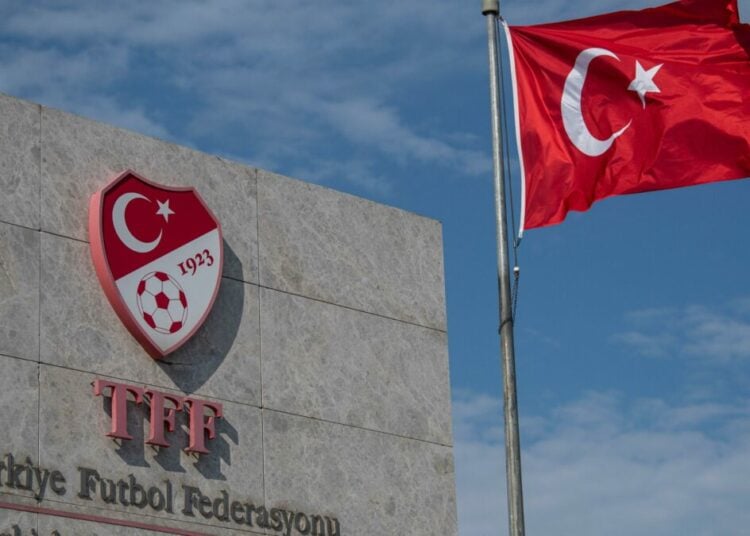
Turkish football is reeling from an explosive betting scandal as the TFF has suspended 149 referees after an investigati...
Wolves' Shock Dismissal: Pereira Axed After Winless Streak
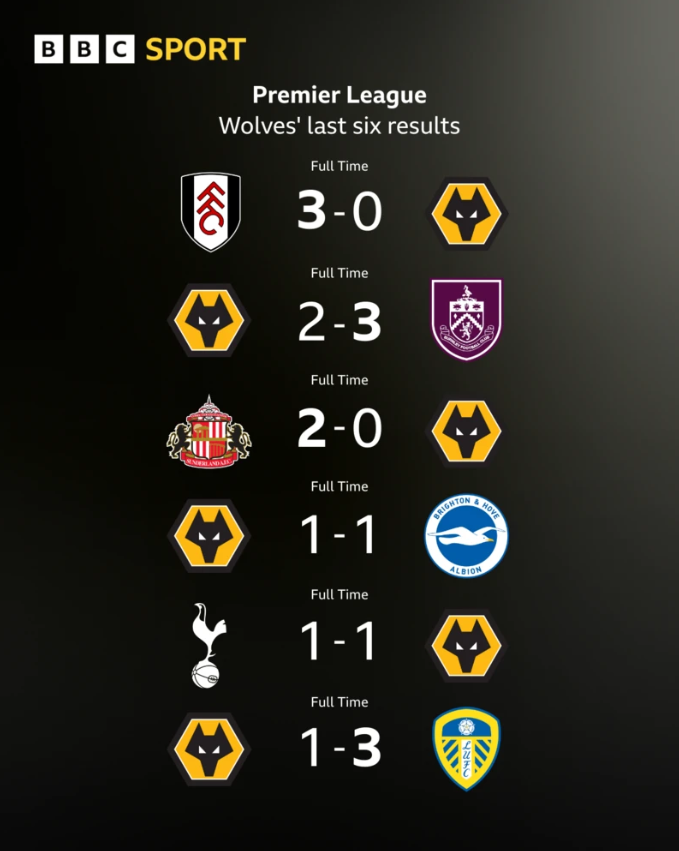
Wolverhampton Wanderers have sacked manager Vitor Pereira after a winless start to the Premier League season, leaving th...
Rebecca Ferguson's Thriller Heats Up! Oscar Buzz Swarms as Controversial Film Hits Streaming Milestone!

Kathryn Bigelow's new political thriller, "A House of Dynamite," has dominated Netflix's global viewership charts for a ...
White Lotus SHAKE-UP! Season 4 Set to Ditch Its Original Formula!
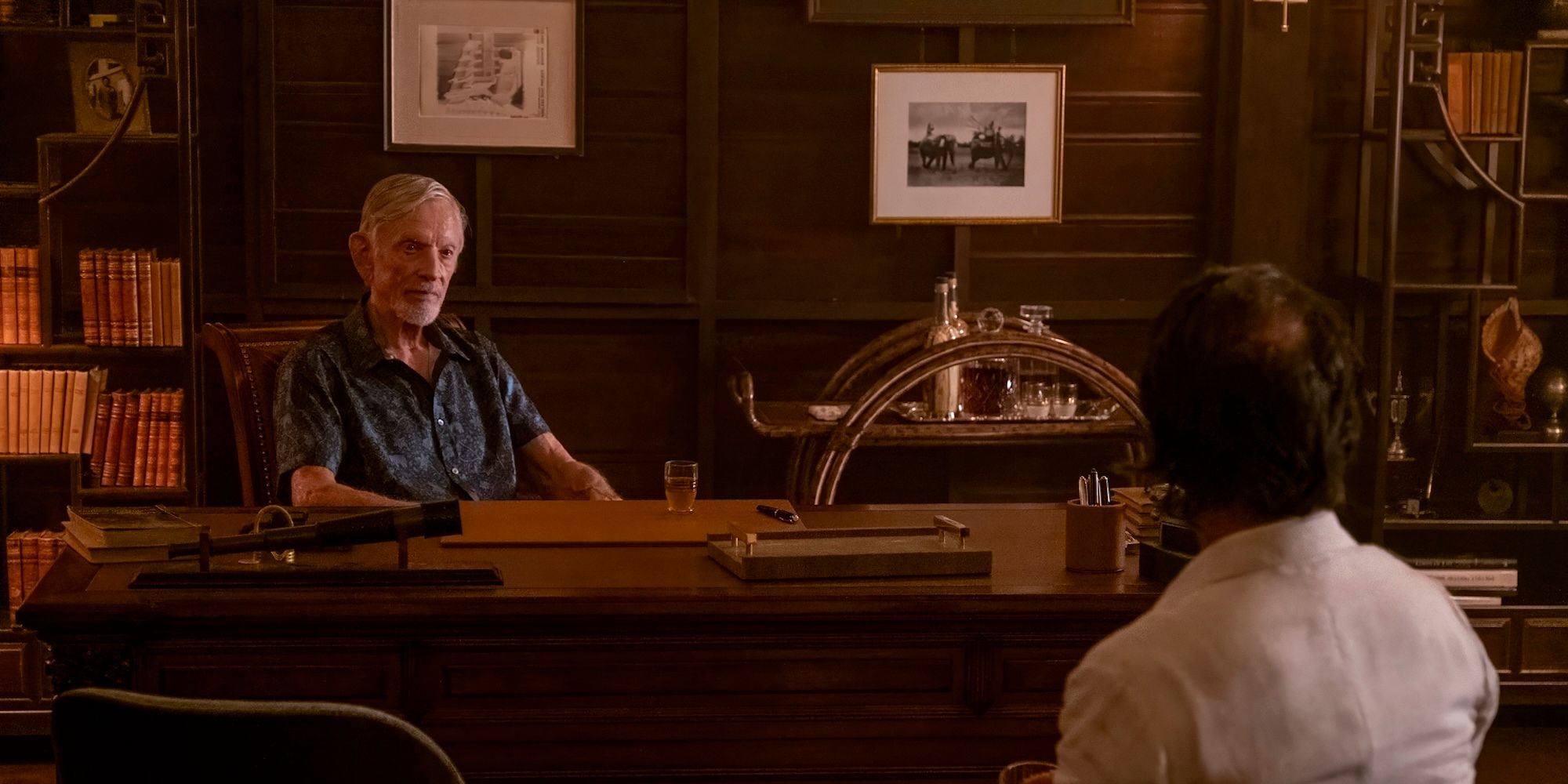
The White Lotus Season 4 is set to introduce significant changes, including a move to France and the unique decision to ...
Brandi Carlile Electrifies SNL Stage with 'Returning to Myself' Tracks

Brandi Carlile made a powerful return to Saturday Night Live, performing tracks from her new solo album, "Returning to M...
Jessica Simpson Celebrates 8 Years Sober: Reveals Alcohol's Impact on Intuition

Jessica Simpson celebrates eight years of sobriety, reflecting on the transformative impact of giving up alcohol on her ...
Hidden Treasure in Your Pocket: The £2 Coin That Could Make You Rich!

A distinctive gold £2 coin from 2012, commemorating the London to Rio Olympic Games Handover, is drawing attention from ...
Hollywood's Dark Knight Reveals All: Colin Farrell on Gotham, Big Macs, and Oscar Friendships

Colin Farrell and Fala Chen share insights into their collaborative dynamic on Edward Berger's 'Ballad of a Small Player...
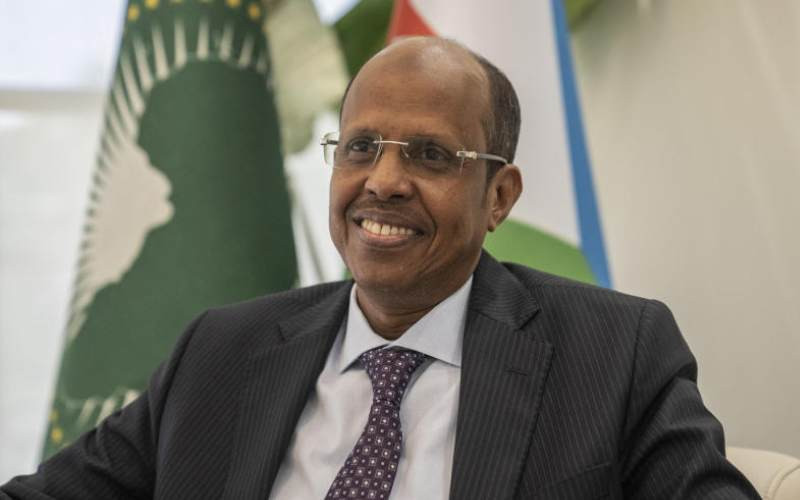
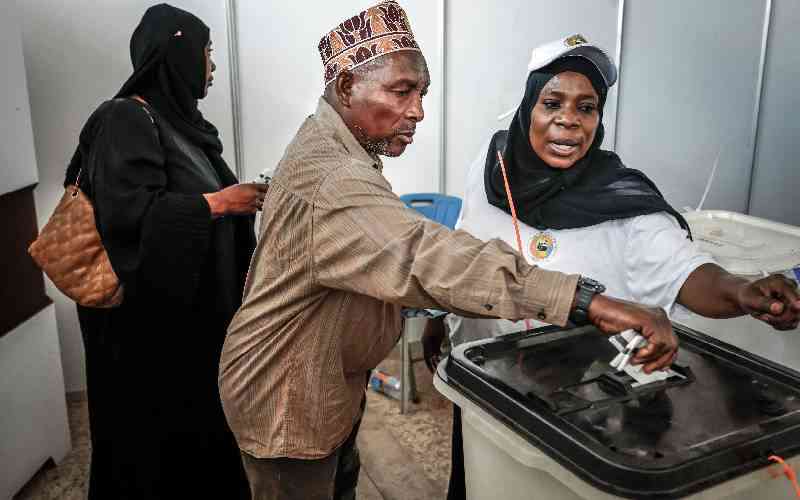
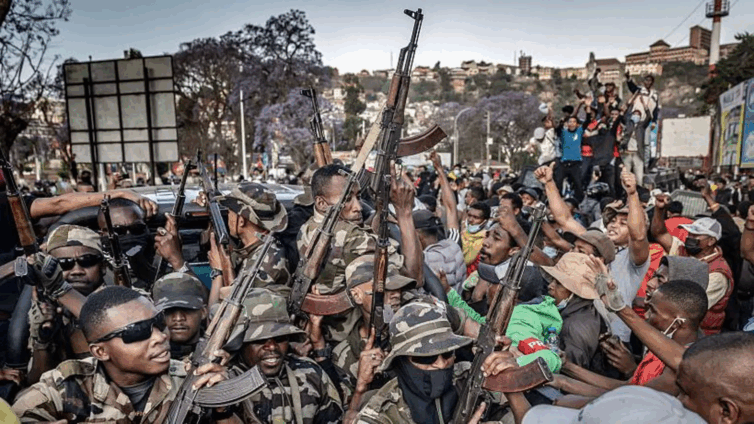
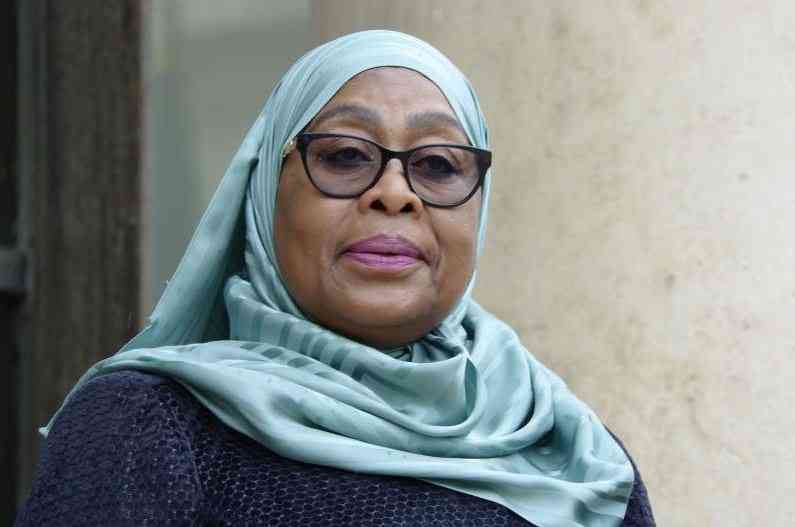
&format=jpeg)